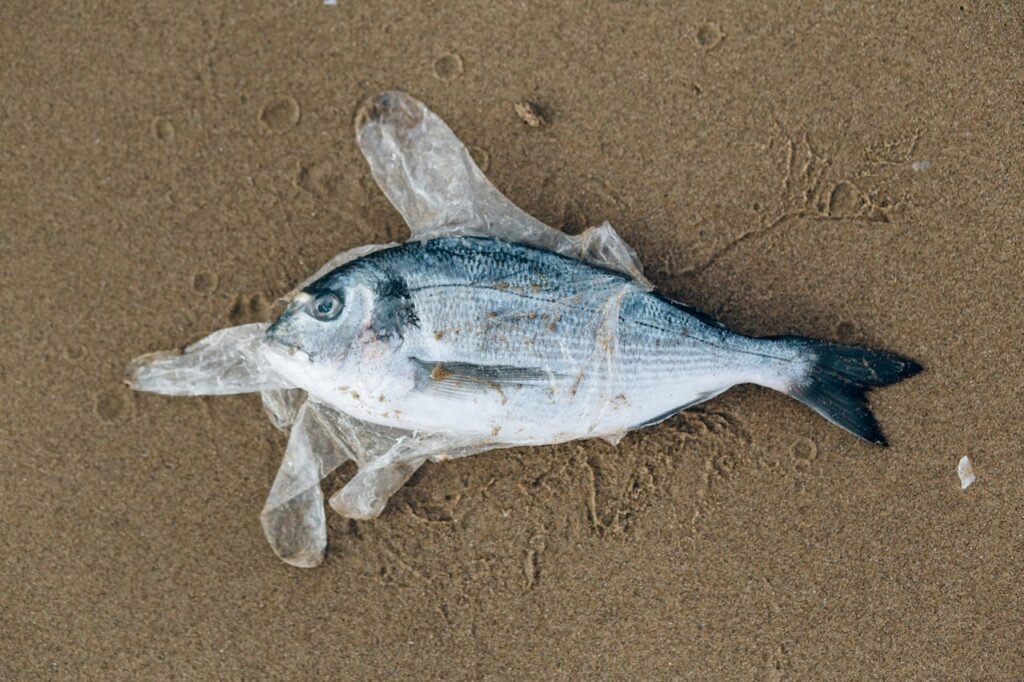Physical Address
304 North Cardinal St.
Dorchester Center, MA 02124
Physical Address
304 North Cardinal St.
Dorchester Center, MA 02124

Fast fashion may offer trendy clothes at unbeatable prices, but the cost to the environment and human well-being is far more staggering than most shoppers realize. Behind the affordable tees and seasonal dresses lies a complex web of waste, exploitation, and unsustainable practices that have turned the fashion industry into one of the planet’s biggest polluters.
This article dives deep into the shocking truths about fast fashion’s impact—on people, the planet, and our future—and explores what we can do to create meaningful change.

The fashion industry is responsible for an estimated 10% of global carbon emissions—more than all international flights and maritime shipping combined.
According to the Ellen MacArthur Foundation, clothing production has doubled in the past 15 years while garment usage has dropped by 40%, creating an unsustainable loop of overproduction and overconsumption.
Fast fashion thrives on cheap labor. Many garments are made in countries where workers receive poverty-level wages and endure dangerous working conditions.
Brands often outsource production through complicated supply chains, making it difficult to trace accountability—yet they continue to benefit from these exploitative practices.

Synthetic fabrics like polyester, nylon, and acrylic are made from plastic. Every time these garments are washed, they shed microplastics that flow into waterways and eventually reach the ocean.
A single load of laundry can release hundreds of thousands of microfibers, according to a University of California study. These plastics don’t biodegrade and accumulate over time, creating long-term damage.
Fast fashion brands release new collections weekly, encouraging consumers to constantly buy the latest styles and discard last month’s trends.
This business model fuels a throwaway culture, where clothes are seen as disposable instead of valuable.
That $10 shirt comes with hidden costs: environmental degradation, human suffering, and increased carbon emissions.
When we buy cheap clothes, someone else pays the price—usually the planet and the people making them.
Despite these harsh truths, change is possible—and it starts with individual action.
Resources like Good On You can help you evaluate the ethics of fashion brands before you buy.
The fast fashion industry has created a global crisis masked by convenience and low prices. But behind every bargain bin find is a trail of pollution, exploitation, and waste. By becoming more conscious consumers and demanding accountability from brands, we can begin to dismantle this destructive system.
Found this eye-opening? Share it with others, and check out more articles on sustainability and ethical fashion on our blog to join the movement toward a cleaner, fairer future.